Few of us are immune from occasional struggles with anxiety, depression or painful interpersonal problems. At times, the symptoms of these conditions are serious enough to warrant the use of additional tools. Counseling, medication, or a combination of both, can often provide relief and resolution. Collectively we provide a broad range of services and clinical specialities.
Our specialties
Anxiety Disorders and Phobias
Attention-Deficit/Hyperactivity Disorder
Chronic Pain and coping with medical issues
Couples Therapy
Depressive, Bipolar and other Mood Disorders
Divorce and Separation
Workplace and Career Issues
Family Therapy
Grief and Loss
LGBTQIA+ Informed Care
Relationship Problems
Medication Evaluation and Management
Stress Management
Substance-Related and Addictive Disorders
Trauma and Stressor-Related Disorders, PTSD

We offer a highly personalized approach to treatment.
Our Modalities
Accelerated Resolution Therapy (ART)
Accelerated resolution therapy (ART) is an evidence based short term psychotherapy that works directly to reprogram the way traumatic memories are stored in the brain. Using techniques such as rapid eye movement, desensitization and reprocessing, the approach can help client’s change their relationship to their traumatic narrative. Although traumatic experiences can be painful to think about or visualize, the therapy rapidly moves clients beyond the place where they are stuck in these experiences toward growth and positive changes. The goal of this treatment is to reduce the impact of trauma by decreasing the client’s physical and emotional reactions to distressing images.
Attachment, Regulation and Competency (ARC) Framework
ARC is a trauma-based framework that is used with children and adolescents who have experienced complex trauma, as well as their caregivers. The attachment portion of the framework educates caregivers on trauma and assists them in learning how to regulate themselves, be attuned to the child/adolescent, to co-regulate with the child/adolescent and to provide trauma informed responses. The regulation portion of the framework teaches the child/adolescent how to be more aware of their own emotional/physiological responses, how to increase their frustration tolerance, how to learn and utilize coping skills and how to build relationships. The competency portion of the framework helps the child/adolescent feel empowered, to explore their self-identity, and to engage in interests/hobbies to help build self-worth.
Cognitive Behavioral Therapy (CBT)
Cognitive behavioral therapy (CBT) is a common form of psychological treatment that offers tools for learning healthier coping mechanisms for regulating emotional challenges. It focuses on helping people learn how thoughts effect feelings and behaviors. In shifting one’s thought patterns, an individual is better able to experience relief from negative feelings and to break unhealthy behavioral patterns. Through various exercises conducted both during and outside of therapy sessions, a client develops coping skills to learn to change his or her own problematic emotions, damaging thinking patterns, and unhelpful thoughts.
Dialectical Behavioral Therapy (DBT)
Dialectical behavioral therapy (DBT) is a type of CBT that is used across clinical settings for a variety of problems. The term “dialectical” derives from the idea that combining two opposites in therapy (acceptance and change) yields better results than either would on its own. That is, acceptance of your experience is balanced with encouraging change. DBT is meant to be an accepting, nonjudgmental and validating approach to therapy. It is tailored towards helping a client acknowledge the pain and discomfort he or she feels, while building a sense of empowerment to choose healthy behaviors instead of engaging in harmful actions or unhealthy coping strategies. DBT draws from principles and strategies in CBT, but includes a greater emphasis on the role of emotions in dysfunctional behavior. While CBT focuses on rationale and reasoning, DBT heavily relies upon the Eastern concept of mindfulness to assist in effectively regulating emotions.
Internal Family Systems (IFS)
IFS is a non-pathologzing therapeutic paradigm developed by Richard Schwartz, PhD in the 1980’s that focuses on the notion that we all have sub-personalities or “parts” that take on different roles which often become burdensome. In addition, there is a core “Self” which is the resource for parts which have taken on these “burdens”. Parts have various protectors which, although well intentioned, impede access to “Self”. Healing takes place when parts are able to access “Self” and it’s reparative attributes. The IFS model is especially effective for treating anxiety, chronic pain, depression, OCD, relationship issues, substance abuse and trauma. Over the course of treatment, IFS addresses underlying anger, self esteem issues and shame.
Mindfulness-Based Interventions
Mindfulness is a natural human state in which an individual experiences and attends to the present moment. Mindfulness can be seen as a way of paying attention in each moment to what happens inside us and around us without exercising judgment. Learning how to cultivate mindfulness and incorporate its practice into daily life can be extraordinarily beneficial to helping promote a sense of well-being. Your therapist can introduce you to various practices and skills that will help you to adopt a more curious, open, and accepting attitude toward your experiences, whether they be through feelings, thoughts, attitudes, or physical sensations.
Home practice is often a significant component of a mindfulness-based program, as are informal practices that aim to integrate mindful awareness in everyday activities, such as mindful eating, mindful social interactions, or even doing chores mindfully. Mindfulness-based interventions have garnered considerable support for their efficacy in reducing a variety of emotional and physical symptoms, such as depression, anxiety, trauma, pain, anger, eating issues, and substance abuse. Mindfulness-informed interventions can readily be incorporated into a broader treatment program.
